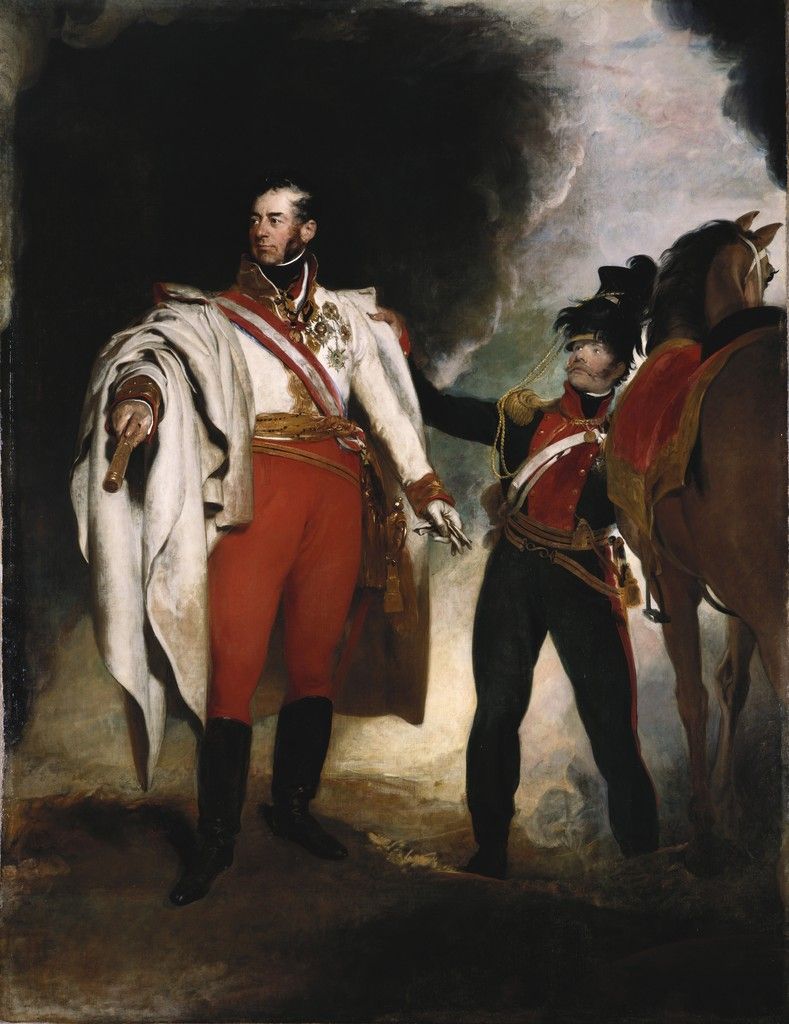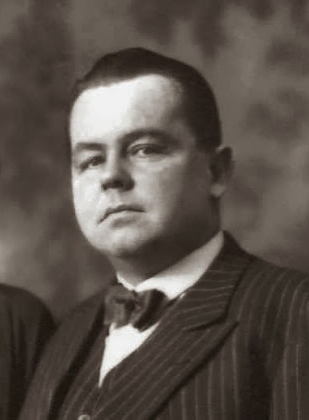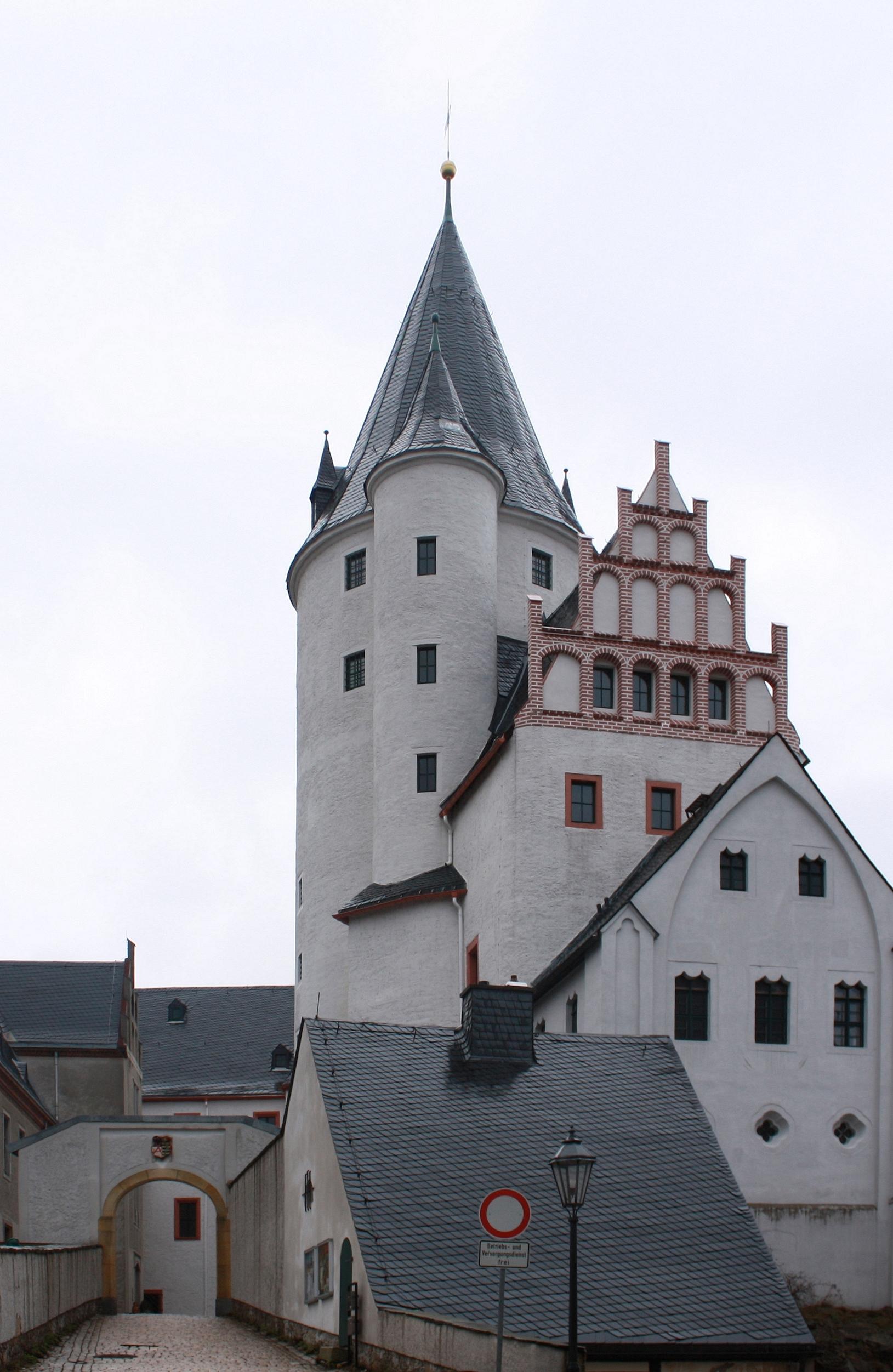|
Schwarzenberg
Schwarzenberg may refer to: People * House of Schwarzenberg, Franconian and Bohemian aristocratic family which was first mentioned in 1172 ** Karl Philipp, Prince of Schwarzenberg (1771–1820), Field Marshal in Austrian service during the Napoleonic Wars ** Prince Felix of Schwarzenberg (1800–1852), Austrian statesman ** Adolph Schwarzenberg (1890–1950) ** Karel Schwarzenberg, (born 1937), former Minister of Foreign Affairs of the Czech Republic (2007–2009), candidate in presidential election in 2013 Places In Austria * Schwarzenberg, Austria, a village in Bregenzerwald in Vorarlberg * Schwarzenberg am Böhmerwald, Upper Austria In Germany * Schwarzenberg, Saxony, a town in Saxony * Aue-Schwarzenberg, a district in Saxony * Schwarzenberg (Schömberg), a part of Schömberg im Schwarzwald, Baden-Württemberg * A part of Baiersbronn, in the Black Forest * Barony of Schwarzenberg, a domain around Schwarzenberg/Erzgeb. in Saxony In Switzerland * Schwarzenberg, Swit ... [...More Info...] [...Related Items...] OR: [Wikipedia] [Google] [Baidu] |
House Of Schwarzenberg
The House of Schwarzenberg is a German ( Franconian) and Czech ( Bohemian) aristocratic family, and it was one of the most prominent European noble houses. The Schwarzenbergs are members of the German nobility and Czech nobility and they held the rank of Princes of the Holy Roman Empire. The family belongs to the high nobility and traces its roots to the Lords of Seinsheim during the Middle Ages. The current head of the family is Karel, the 12th Prince of Schwarzenberg, a Czech politician who served as Minister of Foreign Affairs of the Czech Republic. The family owns properties and lands across Austria, Czech Republic, Germany and Switzerland. The family is traditionally based in Bohemia ( Czech Republic), where its ancestral seat is. History Origin The family stems from the Lords of Seinsheim, who had established themselves in Franconia during the Middle Ages. A branch of the Seinsheim family (the non-Schwarzenberg portion died out in 1958) was created whe ... [...More Info...] [...Related Items...] OR: [Wikipedia] [Google] [Baidu] |
Karel Schwarzenberg
Prince Karel of Schwarzenberg (, born 10 December 1937) is a Czech politician, former leader of the TOP 09 party and was its candidate for president of the Czech Republic in the 2013 election. He served as a member of the Chamber of Deputies (MP) from 2010 to 2021. From July 1990 to July 1992 Schwarzenberg served as the chancellor (director of the presidential office) to Václav Havel, while he was president. He went on to be elected as Senator for the municipal district Prague 6 from 2004 to 2010 and to serve as Minister of Foreign Affairs of the Czech Republic from 2007 to 2009 and again from 2010 to 2013, originally as a non-partisan minister nominated by the Green Party. In May 2010, he was elected as a Member of Parliament for the newly founded pro-European centre-right party TOP 09, gaining the largest number of preference votes. He was candidate for President of the Czech Republic in the 2013 presidential election, and qualified for the second round, finishing as runner-u ... [...More Info...] [...Related Items...] OR: [Wikipedia] [Google] [Baidu] |
Karl Philipp, Prince Of Schwarzenberg
Karl Philipp, Fürst zu Schwarzenberg (or Charles Philip, Prince of Schwarzenberg; 18/19 April 1771 – 15 October 1820) was an Austrian Generalissimo. He fought in the Battle of Wagram (1809) but the Austrians lost decisively against Napoleon. He had to fight for Napoleon in the Battle of Gorodechno (1812) against the Russians and won. He was in command of the allied army that defeated Napoleon decisively in the Battle of Leipzig (1813). He joined the Battle of Paris (1814) that forced Napoleon to abdicate. Family Karl Philipp was born 18/19 April 1771 in Vienna, the son of Johann Nepomuk Anton of Schwarzenberg and Marie Eleonore Countess of Öttingen-Wallerstein. He was one of thirteen siblings, seven of whom did not reach adulthood.''Biographisches Lexikon des Kaiserthums Oesterreich,'' Band: 33 (1877), ab Seite: 82. Imperial service Karl Philipp entered the imperial cavalry in 1788, fought in 1789 under Lacy and Laudon against the Turks, distinguished himself by hi ... [...More Info...] [...Related Items...] OR: [Wikipedia] [Google] [Baidu] |
Schwarzenberg, Saxony
Schwarzenberg is a town in the district of Erzgebirgskreis in Saxony’s Ore Mountains, near the German–Czech border. The town lies roughly 15 km southeast of Aue, and 35 km southwest of Chemnitz. Founded in the 12th century to protect a trade road, the small mountain town became the centre of a territory known as '' Herrschaft Schwarzenberg'' and later ''Amt Schwarzenberg''. During the division of Germany, Schwarzenberg was part of East Germany and became the greatest producer of washing machines in Eastern Europe. Schwarzenberg became more widely known in 1987, when Stefan Heym coined the term Free Republic of Schwarzenberg for a small gap between the Soviet and American occupation zones in May/June 1945. Geography Schwarzenberg is in the southwestern Ore Mountains. It lies at elevations stretching from above sea level. The Old Town with church and castle is located on a rock (the Schlossberg, ) around which a meander of the River Schwarzwasser has formed; the ... [...More Info...] [...Related Items...] OR: [Wikipedia] [Google] [Baidu] |
Adolph Schwarzenberg
Adolph Schwarzenberg (18 August 1890 – 27 February 1950) was a notable landowner, entrepreneur and philanthropist. He was the eldest son of Johann (Czech: Jan) and Therese Schwarzenberg, née Trauttmansdorff-Weinsberg. An outspoken opponent of the Nazi regime, his properties were seized by the German Reich and by Third Czechoslovak Republic shortly before the Communist coup of 1948. Early life The first of eight children, Adolph was born into the wealthy and influential Schwarzenberg family and was educated to eventually take over the management of extensive landholdings, real estate and industry, as well as substantial art collections and extensive archives from his father. The family owned numerous noteworthy houses and residences, amongst them Český Krumlov Castle, Hluboká Castle, and Třeboň in South Bohemia, and in Prague, as well as Palais Schwarzenberg in Vienna. He completed a law degree at the Czech University in Prague and fought in the First World War; ... [...More Info...] [...Related Items...] OR: [Wikipedia] [Google] [Baidu] |
Prince Felix Of Schwarzenberg
Felix Ludwig Johann Friedrich, Prince of Schwarzenberg (german: Felix Ludwig Johann Friedrich Prinz zu Schwarzenberg; cs, Felix Ludvík Jan Bedřich princ ze Schwarzenbergu; 2 October 1800 – 5 April 1852) was a Bohemian nobleman and an Austrian statesman who restored the Austrian Empire as a European great power following the Revolutions of 1848. He served as Minister-President of the Austrian Empire and Foreign Minister of the Austrian Empire from 1848 to 1852. Life Felix was born at Český Krumlov Castle (german: Böhmisch Krumau) in Bohemia, the second son of Prince Joseph of Schwarzenberg (1769–1833) and his wife Pauline of Arenberg. The House of Schwarzenberg was one of the most influential Bohemian noble families; his elder brother Prince Johann Adolf II of Schwarzenberg later initiated the building of the Emperor Franz Joseph Railway line from Vienna to Plzeň (Pilsen), while Felix' younger brother Frederick became Archbishop of Salzburg in 1835 and Archbishop ... [...More Info...] [...Related Items...] OR: [Wikipedia] [Google] [Baidu] |
Schwarzenberg, Austria
Schwarzenberg is a municipality in the Bregenz Forest in the western Austrian state of Vorarlberg, part of the district of Bregenz. Schwarzenberg has an area of 25.76 km². It lies south of Lake Constance. The village center is heritage-protected for its traditional rustic wooden houses. Population According to the last count in September 2011, the municipality has 1810 inhabitants. Economy The main sources of income in Schwarzenberg are crafts, tourism and agriculture. In addition to a dozen larger companies, there are also around 100 small and micro companies. Every year, about 50,000 guests spend the night in Schwarzenberg, around 55% of them during the summer months. The municipality of Schwarzenberg offers many opportunities for recreation in nature, offering the Schwarzenberg-Bödele ski area, cross-country trails, and around 40 km of winter and summer hiking trails. Women’s World Cup downhill competitions were also held in Schwarzenberg. Livestock farming is ... [...More Info...] [...Related Items...] OR: [Wikipedia] [Google] [Baidu] |
Schwarzenberg Castle (Bavaria)
Schwarzenberg may refer to: People * House of Schwarzenberg, Franconian and Bohemian aristocratic family which was first mentioned in 1172 ** Karl Philipp, Prince of Schwarzenberg (1771–1820), Field Marshal in Austrian service during the Napoleonic Wars ** Prince Felix of Schwarzenberg (1800–1852), Austrian statesman ** Adolph Schwarzenberg (1890–1950) ** Karel Schwarzenberg, (born 1937), former Minister of Foreign Affairs of the Czech Republic (2007–2009), candidate in presidential election in 2013 Places In Austria * Schwarzenberg, Austria, a village in Bregenzerwald in Vorarlberg * Schwarzenberg am Böhmerwald, Upper Austria In Germany * Schwarzenberg, Saxony, a town in Saxony * Aue-Schwarzenberg, a district in Saxony * Schwarzenberg (Schömberg), a part of Schömberg im Schwarzwald, Baden-Württemberg * A part of Baiersbronn, in the Black Forest * Barony of Schwarzenberg, a domain around Schwarzenberg/Erzgeb. in Saxony In Switzerland * Schwarzenberg, S ... [...More Info...] [...Related Items...] OR: [Wikipedia] [Google] [Baidu] |
Schwarzenberg (Schömberg)
Schwarzenberg may refer to: People * House of Schwarzenberg, Franconian and Bohemian aristocratic family which was first mentioned in 1172 ** Karl Philipp, Prince of Schwarzenberg (1771–1820), Field Marshal in Austrian service during the Napoleonic Wars ** Prince Felix of Schwarzenberg (1800–1852), Austrian statesman ** Adolph Schwarzenberg (1890–1950) ** Karel Schwarzenberg, (born 1937), former Minister of Foreign Affairs of the Czech Republic (2007–2009), candidate in presidential election in 2013 Places In Austria * Schwarzenberg, Austria, a village in Bregenzerwald in Vorarlberg * Schwarzenberg am Böhmerwald, Upper Austria In Germany * Schwarzenberg, Saxony, a town in Saxony * Aue-Schwarzenberg, a district in Saxony * Schwarzenberg (Schömberg), a part of Schömberg im Schwarzwald, Baden-Württemberg * A part of Baiersbronn, in the Black Forest * Barony of Schwarzenberg, a domain around Schwarzenberg/Erzgeb. in Saxony In Switzerland * Schwarzenberg, Switzer ... [...More Info...] [...Related Items...] OR: [Wikipedia] [Google] [Baidu] |
Schwarzenberg Castle (Saxony)
Schwarzenberg Castle (german: Schloss Schwarzenberg) was based on a medieval fortification and together with St. George's Church dominates the scene of the large county town of Schwarzenberg in Saxony's district of Erzgebirgskreis. Construction history The castle was probably founded in the 12th century as a fort and was the original base for the settlement of Schwarzenberg and its vicinity. The former castle was given its present appearance by a conversion into a hunting lodge for the Electorate of Saxony from 1555 to 1558. In 1851/52 its keep and south wing were raised and, in 1875/76, an office building extension was added. Sources * Georg Dehio: '' Handbuch der Deutschen Kunstdenkmäler Sachsen: II. Regierungsbezirke Leipzig und Chemnitz.'' Deutscher Kunstverlag The Deutscher Kunstverlag (DKV) is an educational publishing house with offices in Berlin and Munich. The publisher specializes in books about art, cultural history, architecture, and historic preservation. ... [...More Info...] [...Related Items...] OR: [Wikipedia] [Google] [Baidu] |
Free Republic Of Schwarzenberg
The Free Republic of Schwarzenberg (german: Freie Republik Schwarzenberg) is a term applied to portions of western Saxony that were briefly not occupied by the Allies after the surrender of Nazi Germany on May 8, 1945. These districts of Saxony were thus self-governing for several weeks before occupation under the Soviet Union. After the surrender of Nazi Germany, the Saxony districts of Schwarzenberg, Stollberg, and Aue in the Ore Mountains were left unoccupied by Allies for unknown reasons. This led to anti-fascist groups forming local governments in those towns and villages, ending with the area's occupation by Soviet troops on June 24, 1945. There has been speculation as to why neither American nor Soviet troops immediately occupied the area. One explanation is that the Soviets and Americans agreed to halt on the banks of the Mulde river. Because there are several rivers with this name, and the Schwarzenberg area lies between them, there may have been some misundersta ... [...More Info...] [...Related Items...] OR: [Wikipedia] [Google] [Baidu] |
Barony Of Schwarzenberg
The Barony of Schwarzenberg (german: Herrschaft Schwarzenberg) was a domain that emerged in the middle of the 12th century in the Saxon Ore Mountains in central Europe. It continued to exist following its acquisition by John Frederick the Magnanimous in 1533 as an administrative unit of the Electorate of Saxony under the name of Amt Schwarzenberg and acted as the regional focal point, until the end of the Saxon ''Amt'' constitution, for the collection of baronial contributions and coordination of socage, for law and order and military service. Geography The barony was bordered by the Vogtland region to the east, and extended south into the forests on the ridge of the Western Ore Mountains from the Auersberg mountain to the Fichtelberg, and was bounded by the rivers Schwarzwasser, Pöhlwasser and Große Mittweida. To the south, it was bounded by the watershed. The centre of the territory was the Fort of Schwarzenberg, first mentioned in 1212 as a ''castrum''. Sources * Wal ... [...More Info...] [...Related Items...] OR: [Wikipedia] [Google] [Baidu] |






